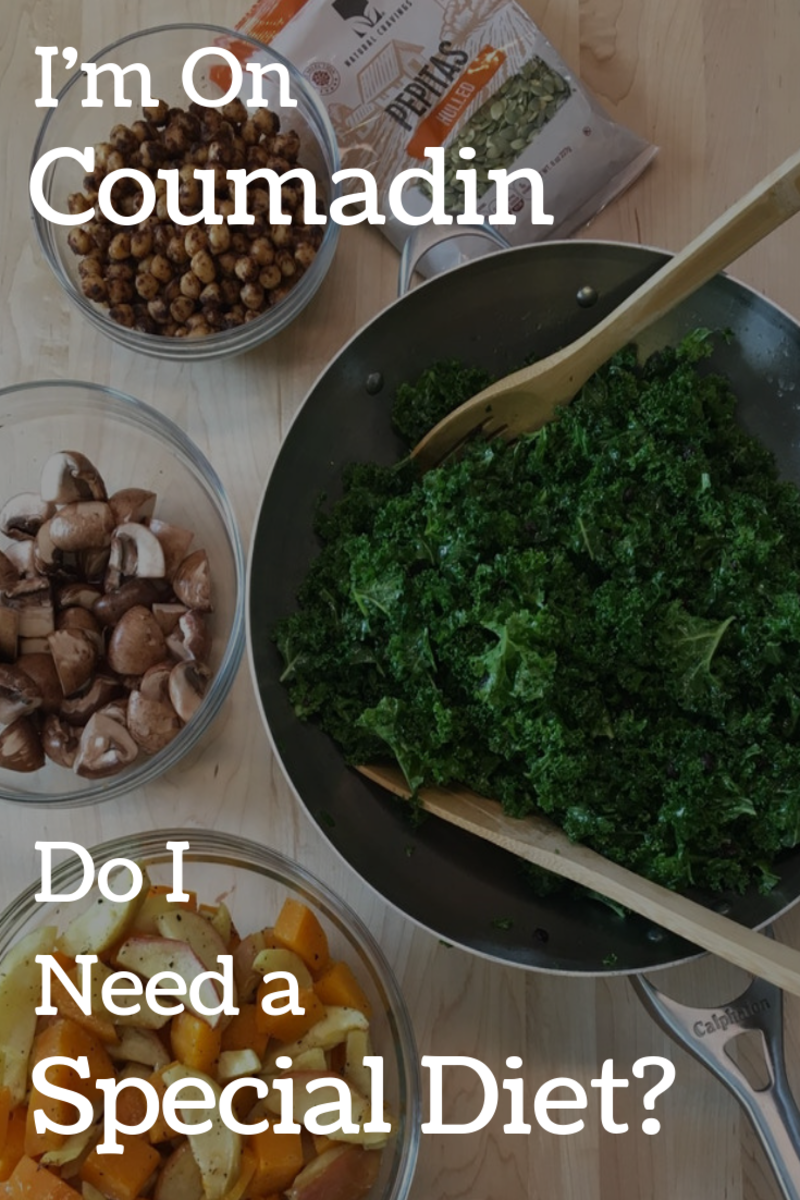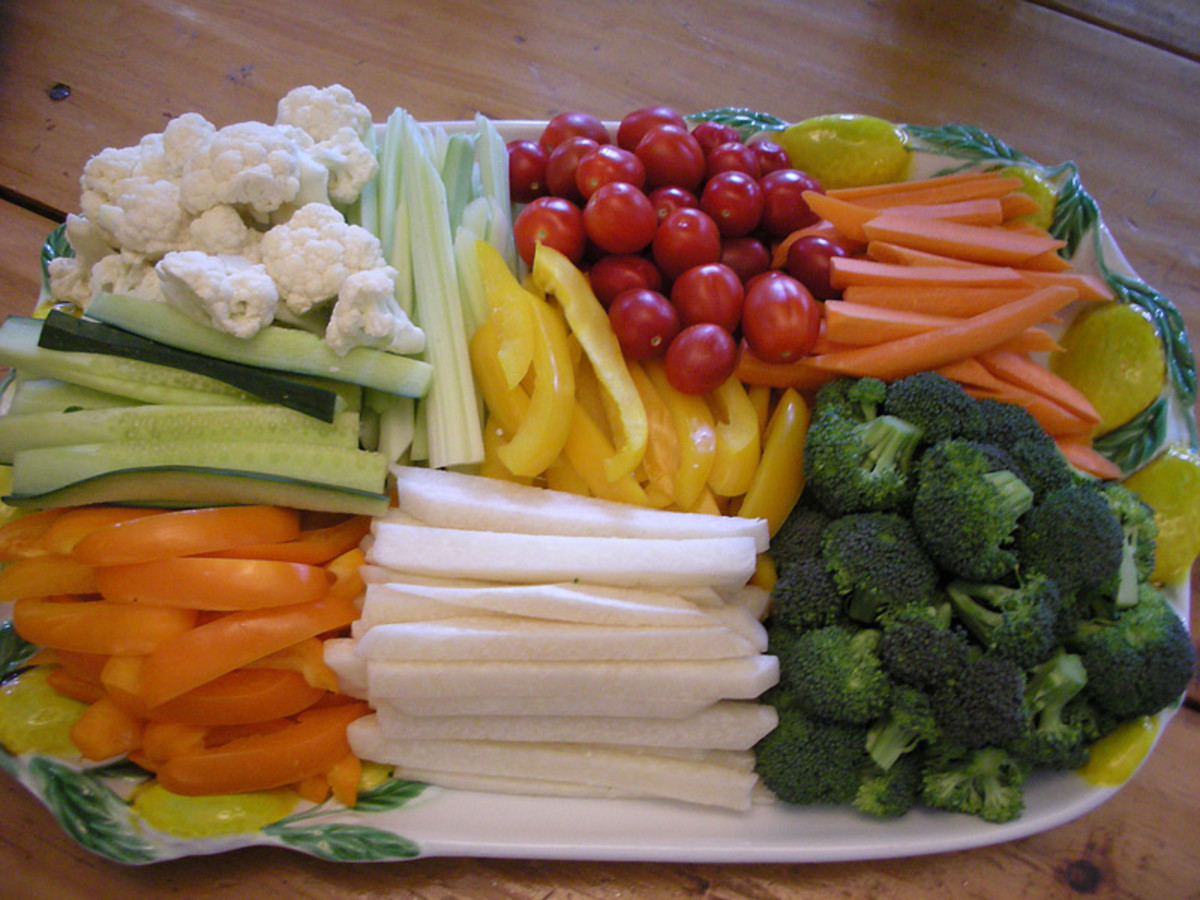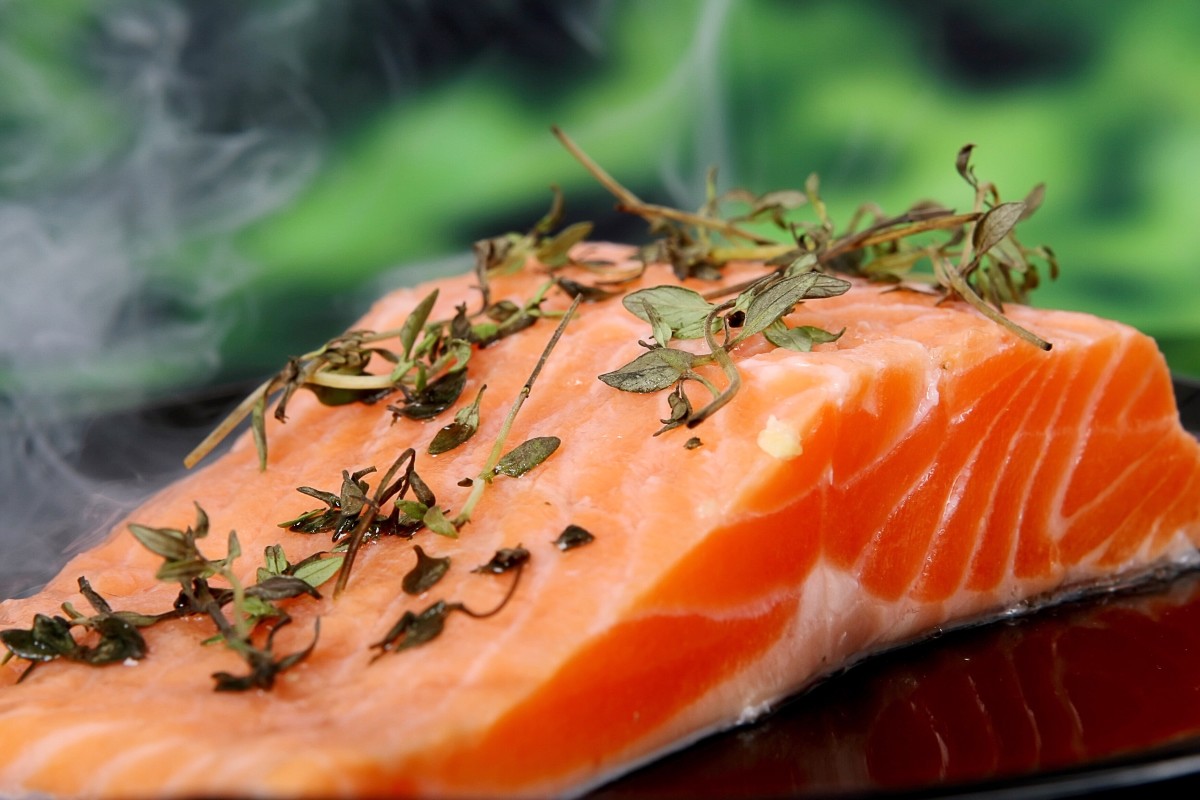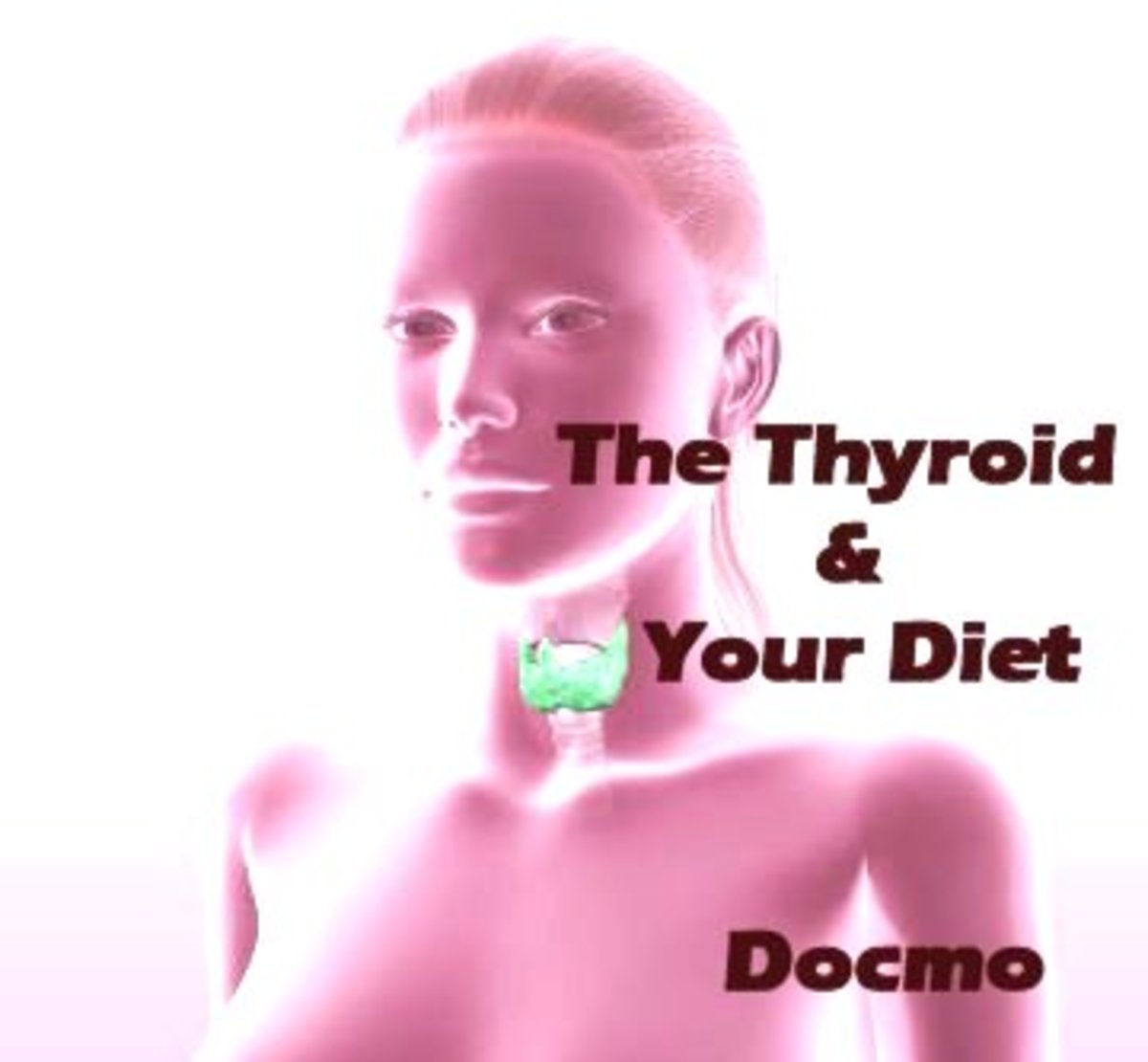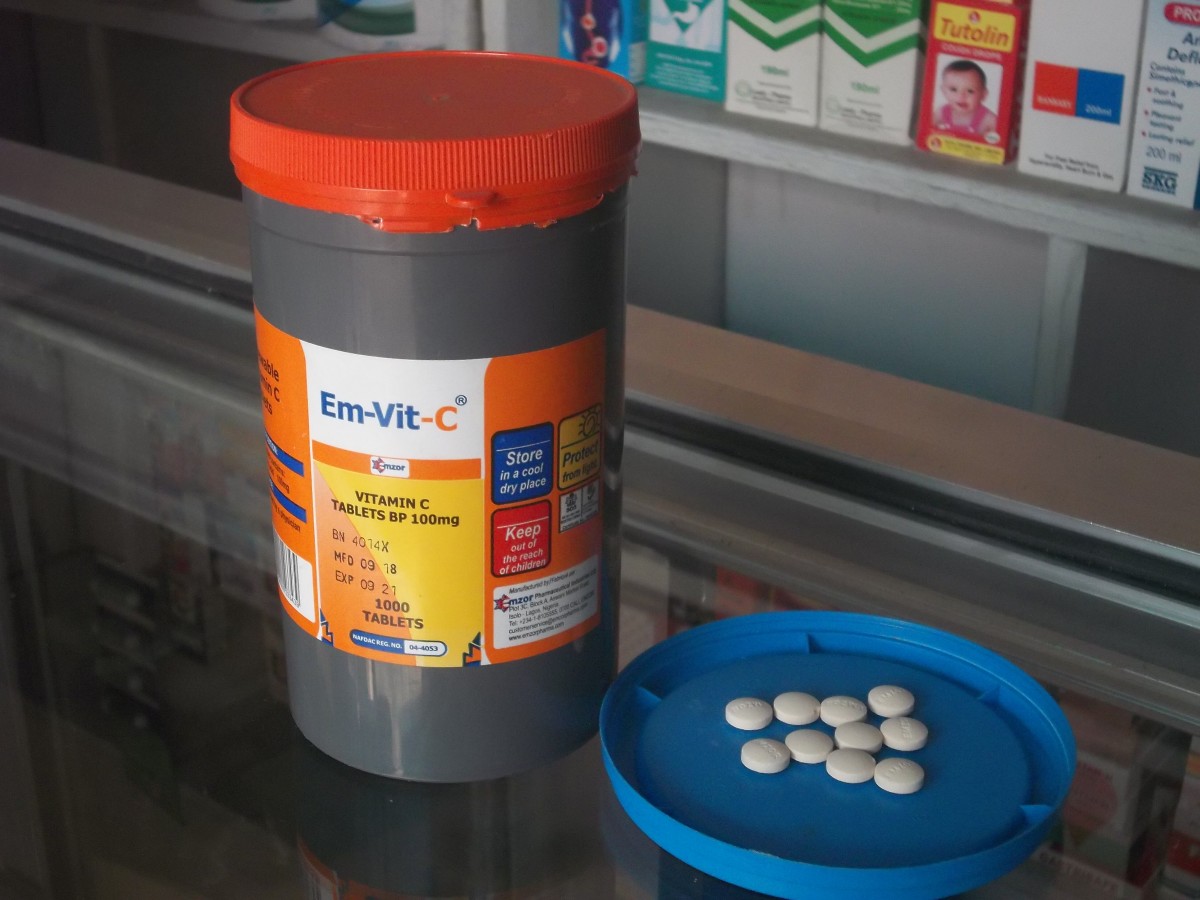What Vitamins Are Essential for Your Body?
Having struggled in the past with my eating habits, I chose to present in this article the most essential vitamins for a human's body, in hopes of informing readers of their great importance and encourage them to follow themselves a healthy nutrition. The vitamins mentioned in the article are crucial for a person's both physical and mental health.
What Are Vitamins?
Vitamins are organic substances that are essential in order to sustain life. Since the human body can't produce enough of them -sometimes it can't produce any at all- most vitamins come either directly from our food or from vitamin supplements. Each body has different vitamin requirements, whereas each one of them plays a different role.
What Are Fat-Soluble and Water-Soluble Vitamins?
Depending on how a vitamin acts within the body, they are divided into fat-soluble and water-soluble. Fat-soluble ones are soluble in lipids and are absorbed in fat globules that travel into our blood through the lymphatic system of the small intestine. Then, once within our body they tend to stay in the liver and fatty tissues for future use. On the other hand, water-soluble vitamins dissolve in the water and are not stored in our bodies, which means that we need a continuous supply of them.
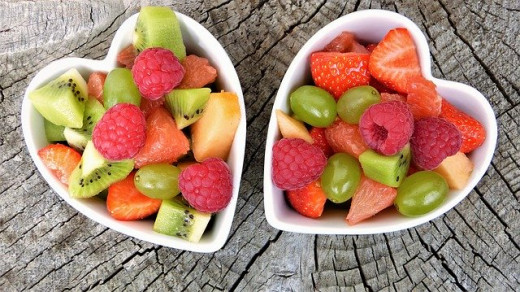
Vitamins are extremely essential nutrients since they perform hundreds of roles in the body. They don't just help it grow and function properly but also boost the immune system, straighten bones and heal wounds. Moreover, all of them hold the power to prevent severe chronic diseases, heart defects and cancer.
Vitamin A
Vitamin A is one of the fat- soluble compounds and is important for bone and skin health, while also it ensures the normal function of your vision, immune system and organs. What is more, it can be very helpful for people who struggle with skin problems, since it has been scientifically proved to reduce acne. Beef, sweet potatoes, carrots, peas and spinach are great sources of vitamin A.
Something you probably didn't know: Pregnant women and those in developing countries are most at risk of vitamin A deficiency.
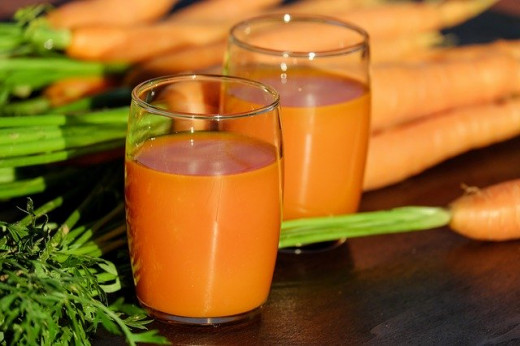
Vitamin C
When it comes to vitamin C, one specific word should instantly cross your mind: antioxidants. This water-soluble vitamin is full of them and as a result, it boosts the immune system, helps wounds heal, reduces the risk of heart diseases and helps prevent iron deficiencies by improving its absorption. It can be found in many fruits and vegetables such as oranges, strawberries, kiwis and also bell peppers or broccoli.
Something you probably didn't know: Vitamin C is also known as ascorbic acid.

Vitamin
| Products Rich in It
|
|---|---|
A
| Beef, sweet potatoes, carrots
|
C
| Oranges, strawberries, bell peppers
|
D
| Salmon, eggs, mushrooms
|
K
| Kale, broccoli, lettuce
|
B9
| Legumes, asparagus, eggs
|
B12
| Sardines, dairy products, cereals
|
The Most Essential Vitamins and the Products That Are Rich in Them
Vitamin D
Vitamin D is quite interesting, since it's somewhat different from other vitamins. That is due to the fact that it can be produced by your own body, when your skin is exposed to the sun. This has resulted in it often being referred to as "the sunshine vitamin". However, the amount produced due to sun exposure isn't enough, which makes it essential to also obtain it from your diet. Only a handful of foods contain significant amounts of it and deficiency is unfortunately very common. Vitamin D can be found in fatty fish such as salmon or tuna, eggs and mushrooms. It is also a fat-soluble vitamin, which means that it can be stored in your body.
Something you probably didn't know: Vitamin D can help someone lose weight.
Vitamin K
Vitamin K refers to a group of fat-soluble vitamins. Its use is usually underestimated and overlooked by many people, who ignore the fact that it plays a key role in blood clotting and regulating blood levels. In addition, it also helps keep blood pressure lower and has been linked with improved memory. High amounts of it can be found in leafy green vegetables such as kale, broccoli and lettuce.
Something you probably didn't know: Vitamin K takes its name from the Danish word "koagulation", which means blood-clotting.
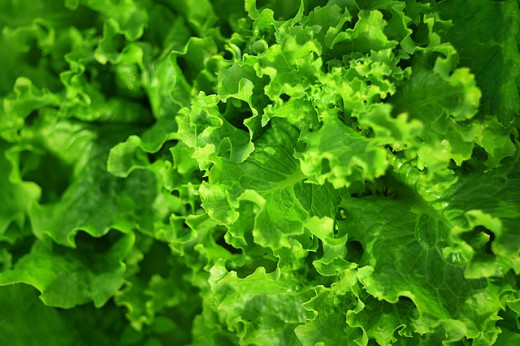
Vitamin B12
Vitamin B, a water-soluble vitamin, comes in plenty of important formats, but B12 is one of the most essential for your body. It helps in a significant way to keep the body's nerve and blood cells healthy and on top of that plays a role in making DNA, the genetic material in all cells. Moreover, it can prevent a type of anemia, called megaloblastic anemia, which makes people extremely weak and constantly tired. Foods rich in B12 vitamin are animal liver and kidneys, sardines, beef, dairy products and fortified cereals.
Something you probably didn't know: Vitamin B12, also known as "the energy vitamin", has the largest and most complex chemical structure of all the vitamins.

B9 (Folic Acid)
Along with the above-mentioned B12, B9 belongs to the group of B vitamins -making it a water-soluble vitamin- and is crucial for proper brain function and mental or emotional health. Moreover, it plays an important role when it comes to pregnant women. More specifically, deficiency during pregnancy is linked to birth defects and all women are encouraged to take folic acid supplements before and after their pregnancy. Foods that contain high amounts of it are legumes, asparagus, eggs and leafy greens.
Something you probably didn't know: Since 1998, the FDA has required the addition of folic acid to enriched breads, cereals, flours, corn meals, pastas, rice, and other grain products. The stated goal was the reduction in rates of neural tube defects in newborns.
What If I Don't Like Healthy Food?
A lot of people think that healthy nutrition means eating only fruits, vegetables and steamed, boring foods. However, that's far from the truth. In reality, it's all about striking the right balance. You can eat cake and chocolate and still remain healthy - you just shouldn't eat sweets every day. What is really important, is that you make sure you get your daily dose of vitamins (and exercise at least three to four times a week too!). Personally, I have a history of struggling with my eating habits. In the past, there had been numerous times when I didn't eat any fruits, vegetables or in general nutritious foods for days in a row. Of course, that resulted in me being tired, weak and moody most of the time; what prevented my body from completely crumbling down were the vitamin supplements I had been taking, which I still find extremely valuable for anyone who struggles with malnutrition, has just started improving their eating habits and even for those who already follow a healthy diet in order to ensure they receive daily all the necessary amount of vitamins.
Do You Try to Eat Healthy and Take Your Daily Dose of Vitamins?
References
Healthline : fat-soluble vitamins and water-soluble vitamins
NIH Vitamin C, Vitamin D, Vitamin A and Folate
MedlinePlus: Vitamin B12
Harvard T.H. Chan School of Public Health: Vitamin K
This content is accurate and true to the best of the author’s knowledge and does not substitute for diagnosis, prognosis, treatment, prescription, and/or dietary advice from a licensed health professional. Drugs, supplements, and natural remedies may have dangerous side effects. If pregnant or nursing, consult with a qualified provider on an individual basis. Seek immediate help if you are experiencing a medical emergency.
© 2020 Margaret Pan



